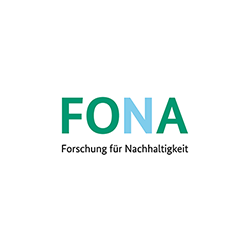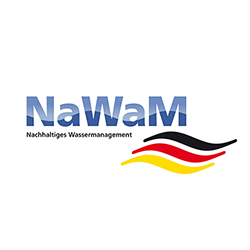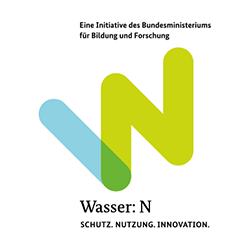Large-scale testing of new developments in sequential groundwater recharge
Brief Description
Building on long-standing experiences in groundwater management and bank filtration in Germany, the BMBF joint project TrinkWave has developed new multi-barrier treatment processes for water reuse that can provide impeccable water quality for supporting drinking water resources without the use of high-pressure membranes. The central technological elements of this concept are the Sequential Managed Aquifer Recharge Technology (SMART), highly efficient infiltration via infiltration trenches, and the in situ introduction of electron acceptors.
Objectives
As part of the BMBF follow-up project TrinkWave Transfer, the SMART process is to be further developed as the backbone of advanced wastewater treatment or for the use of contaminated surface waters for drinking water production. The SMART process, which can establish controlled redox conditions for improved microbial degradation of anthropogenic trace substances during subsurface passage, will be tested on a demonstration scale with the Berlin Water Works. This will take place at the former waterworks site in Berlin-Johannisthal, where the process will be demonstrated in its optimized form with integrated infiltration trench technology and active hydrological control in the subsurface. Furthermore, the focus of the investigations will be on operational optimization, the establishment of adequate process monitoring, and the potential upscaling of the technology. Accompanying this, the demonstration plant will be described using numerical models by the Carl von Ossietzky University of Oldenburg. The complex interactions of water flow, substance transport, and reactions in the subsurface will be represented in a model. In addition to the field study in Berlin, the Chair of Urban Water Management at the Technical University of Munich will investigate and further develop the SMARTplus system. The innovative semi-technical facility for simulating SMARTplus will be used to evaluate the performance in reducing (biotransformation) anthropogenic trace substances.



